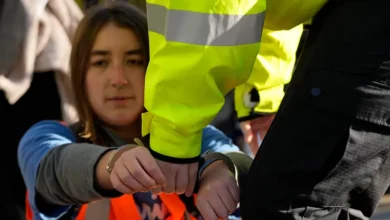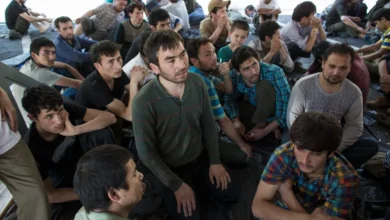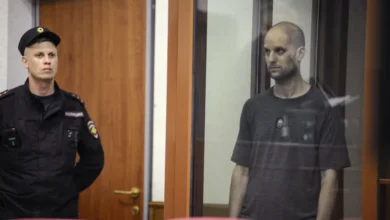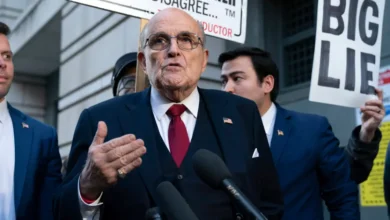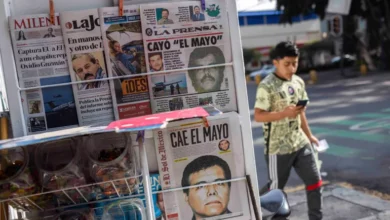‘Disappointed’: Indonesians reflect on legacy of departing Joko Widodo
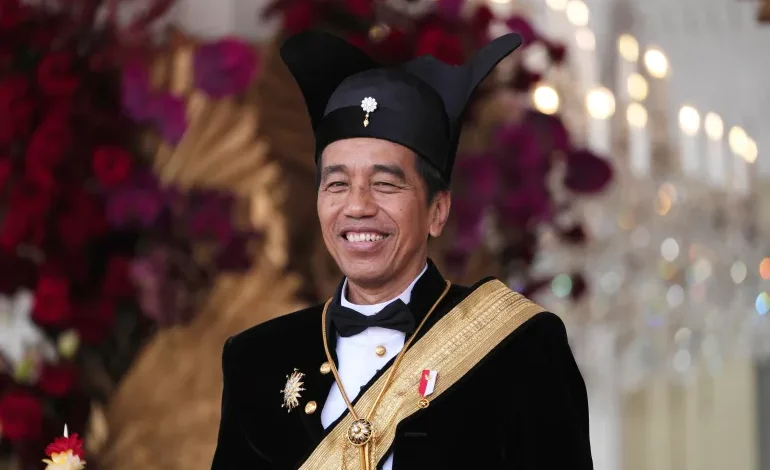
On a visit to the city of Surakarta, also known as Solo, it might appear that Indonesian President Joko Widodo has many friends.
Almost everyone in Solo, it seems, has met the president, popularly known as Jokowi.
It was here that Jokowi embarked on his career in politics, becoming the city’s mayor in 2005 and staying in the job for seven years before becoming governor of Jakarta and, eventually, in 2014, president of Indonesia.
Many Solo residents describe the president as a “personal friend” and are quick to show pictures of the times he visited their homes or neighbourhoods.
Jokowi’s final term as president will end this year after Indonesians go to the polls to choose their next leader on February 14.
Notoharjo Market
At the beginning of his political career, Jokowi, who famously owned a furniture business before becoming a politician, was hailed as a breath of fresh air.
One of the high points of Jokowi’s tenure as Solo’s mayor was his negotiations with market traders who sold their wares around the city’s national monument, clogging the surrounding streets and causing congestion.
At the time, Indonesian officials had a reputation for heavy-handed policies that failed to take into account the needs of the local people, and Jokowi was praised when he met the traders personally and brokered a solution to move them to the Notoharjo Market, about 10 minutes away, where they would have a dedicated place to sell their goods.
Edy Saryanto, who sells electronics at Notoharjo, said that Jokowi met the traders personally on four or five occasions to talk about the move.

